Description
Questions & Answers
Q. Would it help if I started taking KiO3 now…just in case?
A. NO! Do not take any thyroid blocker now. You will be wasting your supply. It will not help you unless you are caught in fallout. We repeat, “NO, do NOT take a Thyroid Blocker UNLESS the authorities tell you to do so.”
Q. When will the authorities tell us to start?
A. They should tell you that Fallout is headed your way and you should start taking KiO3 or Ki as a single dose about 3 to 12 hours before, or up to 10 hours after exposure (although this is less effective). If there is a “nuclear event” and you are down-wind, you need to take KiO3 or KI before the radioactive plume reaches you. The tablets should be taken as a single dose 3 oto 12 hours before exposure, or up to 10 hours If you do not have KiO3 or KI at the time of the event, then it is most likely too late to take a thyroid blocker unless the authorities can reach you with the proper dose during fallout conditions.
Q. What is the usual recommended “daily dosage” in case of a nuclear disaster?
a) Adults (age 12 years and older). 2 tablets daily – 3 to 14 days.
b) Children (age 3 years to 12 years). 1 tablet daily – 3 days or longer.*
c) Infants (age 1 month to 3 years). 1/2 tablet daily – 1 to 3 days.*
d) Babies (age newborn to 1 month). 1/4 to 1/2 tablet – 1 to 3 days.*
*Authorities may determine that repeat or longer dosing may be necessary.
*Under heavy plume conditions 1/2 tablet may be given to newborns as a starting dose. It is extremely important that young children be taken out of harm's way as soon as possible.
Keep in mind that it is possible to have more than one event OR an ongoing event as happened at Chernobyl.
For young children or newborn babies, the 1/2 to 1/4 tablet may be crushed and taken mixed with milk, juice or water.
If you are pregnant or breast-feeding you should normally not take more than two doses for a minor “reactor leak.” Babies up to a month old should only receive one dose for a minor “reactor leak.” However, this should be determined by authorities.
Q. I am allergic to Iodine and it gives me a rash. Should I not take a thyroid blocker?
A. Keep in mind that if you are allergic to any Iodine product, then you will also be allergic to Radioactive Iodine (I-131) . Please consult your doctor if you have concerns.
Q. What are some other considerations before taking KiO3 (or any thyroid blocker)?
A. Is it a true radiation emergency? Are you allergic to iodine? Do you suffer from a skin disease? Do you sufer from inflammation of the blood vessels? Are you being treated for an overactive thyroid? Do you have problems with your kidneys? Are you being treated for problems with your adrenal glands? Are you suffering from dehyudration due to extreme heat? Are you currently taking a diuretic? IF YOU ANSWERED YES TO ANY OF THESE QUESTIONS, YOU SHOULD TALK TO YOUR DOCTOR BEFORE TAKING KI OR KiO3.
Although rarely, hypersensitivity reactions such as a rash, swollen salivary glands, headache, wheezing or coughing and stomach upset may occur. if you have these or any other effects while taking Potassium Iodate, tell a doctor immediately.
Q. I have a Thyroid problem and my doctor says I should avoid foods that contain Iodine. What should I do?
A. That is a tough question. Iodine can cause some serious problems in some Thyroid patients. Radioactive Iodine-131 is Iodine and can be deadly for babies and young children. One who has a Thyroid condition that requires the avoidance of Iodine will still be subjected to Iodine in the form of Radioactive Iodine-131. Talk to your doctor and try to come to a decision together.
Q. You carry KiO3, but I have seen Ki for sale also. Is Ki any good?
A. Ki is a Thyroid Blocker and it works. There are distinct advantages to KiO3, but Ki will work to block the Thyroid.
Q. Which is safer, KiO3 or Ki?
A. According to Material Safety Data Sheets (MSDS) KiO3 (our Thyroid Blocker) is safer to use. KiO3 has a Health Risk of 1—slight. Ki, has a Health Risk of 2—moderate. However, compared to Radioactive Iodine, a Health Risk of 2 for Ki means nothing.
Q. Which would be best for babies, children and adults, Ki or KiO3?
A. KiO3 because it is easier to dose. Also, KiO3 is not bitter in the stomach therefore babies, pets and the ill are able to keep it down easier.
Q. What is the shelf life of Potassium Iodate?
A. According to the manufacturer, the shelf-life is “Theoretically Unlimited”. This means that it will be good for 10 years or more if not exposed to excessive heat. Note the fact that the sealed bottles are air tight.
Q. Is there anything else?
A. Yes. Store in a dry, cool place where children cannot reach them. If you swallow a lot of the tablets all together, or if you think a child has accidently swallowed any of the tablets, contact your nearest hospital emergency room or Doctor immediately.
NOTE: We recommend printing this page and storing it with your Potassium Iodate.
Potassium Iodate (KiO3) is a superior form of Ki. Potassium Iodate will shield (or block) the Thyroid and prevent it from absorbing radioactive Iodine.
– Each factory-sealed bottle contains 90 fresh tablets of Potassium Iodate 85 mg.
– Because of the extra molecule of oxygen in Iodate, the shelf life of Potassium Iodate 85 mg is exceptional.
– Medical Corps recommends that each family member should have at least one bottle in their kit. Youngsters are extremely susceptible to thyroid cancer after exposure to radioactive contamination.
– Unlike other blockers, this is NOT government surplus 130-mg tablets of Ki (potassium iodide).
The latest news indicates that Nuclear Power plants, over 100 in our country, are at risk from a terrorist attack. A radiation leak from any one of these plants could be carried downwind for hundreds of miles, potentially poisoning thousands or even millions of people in large population areas. Unfortunately, a Nuclear Power Plant has over 100 times more radioactive materials than an Atomic Bomb, which can be released as fallout. One of the most abundant components released is Radioactive Iodine 131 that is then carried downwind for hundreds of miles. Thyroid cancer attributable to Chernobyl has been documented more than 300 miles from the accident site.
Very small amounts of inhaled or ingested Radioactive Iodine can do serious damage because it will always be absorbed and held in the thyroid gland. Eventually, by absorbing a large amount of radiation in the thyroid, abnormalities are likely to result, such as nodules in the thyroid, loss of thyroid function, or thyroid cancer. Taking Potassium Iodate (KiO3) in the event of fallout will saturate a person’s thyroid gland with stable (“good”) iodine, so the Radioactive Iodine cannot be absorbed by the thyroid. Because the thyroid is saturated with the “good” Iodine, then any Radioactive Iodine that is later inhaled or ingested is quickly eliminated by the body. Potassium Iodate (KiO3) is now being stockpiled by many government agencies.

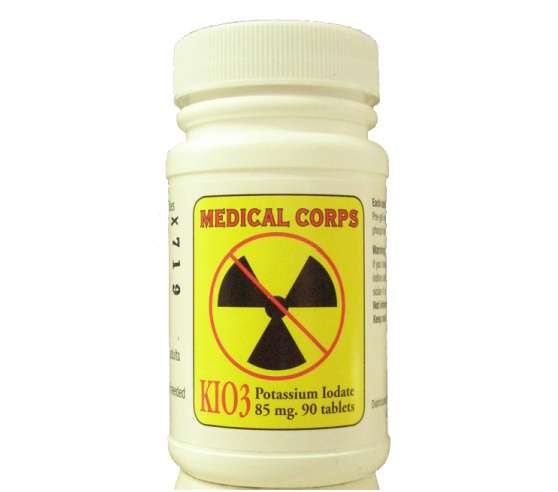
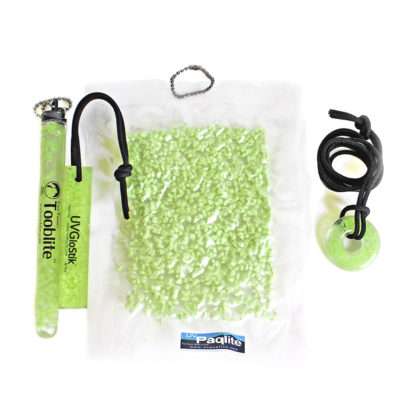
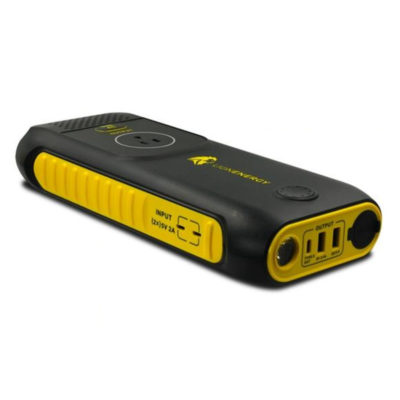
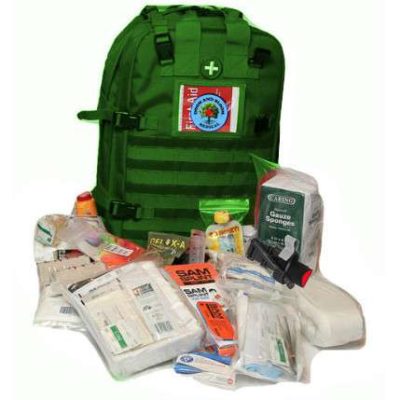
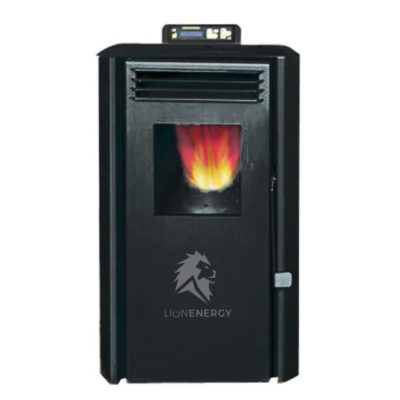





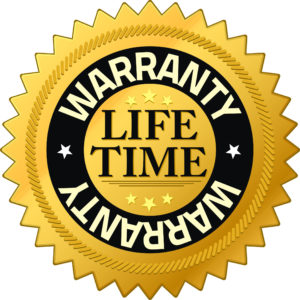
Reviews
There are no reviews yet.